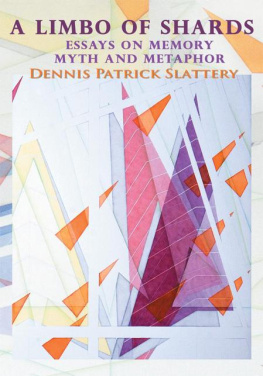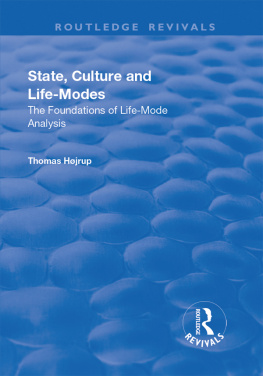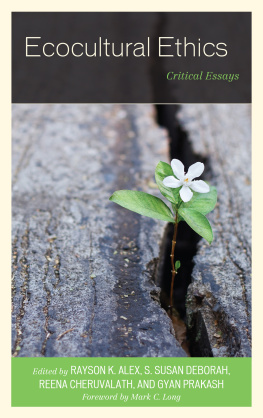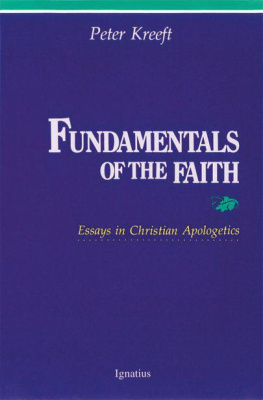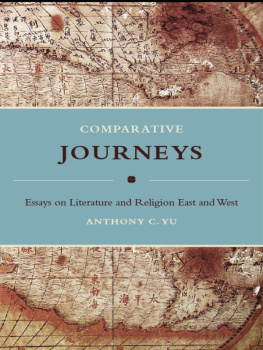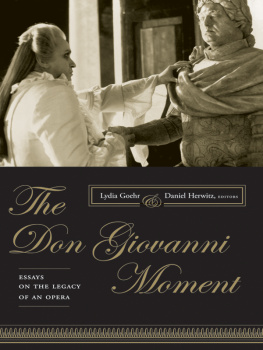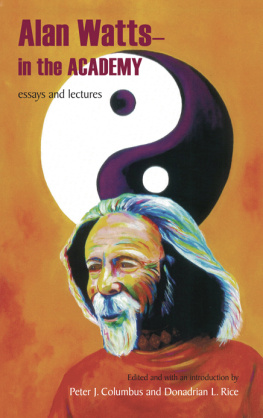Books and CDs by Dennis Patrick Slattery:
The Idiot: Dostoevskys Fantastic Prince. A Phenomenological Approach. The Wounded Body: Remembering the Markings of Flesh Depth Psychology: Mediations in the Field (co-edited with Lionel Cor-bett)
Psychology at the Threshold (co-edited with Lionel Corbett)
Grace in the Desert: Awakening to the Gifts of Monastic Life
Harvesting Darkness: Essays on Literature, Myth, Film and Culture
Casting the Shadows: Selected Poems
Just Below the Water Line: Selected Poems
CD: Casting the Shadows: Selected Poems
CD: Just Below the Water Line: Selected Poems
A LIMBO OF SHARDS
ESSAYS ON MEMORY MYTH
AND METAPHOR
Dennis Patrick Slattery
iUniverse, Inc.
New York Lincoln Shanghai
A LIMBO OF SHARDS
ESSAYS ON MEMORY MYTH AND METAPHOR
Copyright 2007 by Dennis Patrick Slattery
All rights reserved. No part of this book may be used or reproduced by any means, graphic, electronic, or mechanical, including photocopying, recording,taping or by any information storage retrieval system without the written permission of the publisher except in the case of brief quotations embodied in critical articles and reviews.
iUniverse books may be ordered through booksellers or by contacting:
iUniverse
2021 Pine Lake Road, Suite 100
Lincoln, NE 68512
www.iuniverse.com
1-800-Authors (1-800-288-4677)
Foreword by Peter C. Phan, The Ignacio Ellacuria Chair of Catholic Social Thought,
Georgetown University
Back Cover photograph: by Sandy Slattery
ISBN-13: 978-0-595-41925-8 (pbk)
ISBN-13: 978-0-595-86268-9 (ebk)
ISBN-10: 0-595-41925-9 (pbk)
ISBN-10: 0-595-86268-3 (ebk)
Contents
To my parents, Roger and Mary Elizabeth Slattery; to my wife, Sandy, for her belief in me; to my sons, Matthew and Stephen; to my brothers Marty, Bob and Bill and my sister, Mary Beth; to all of my teachers and students over the years for all you have taught me.
Incipit
Tell all the Truth but tell it slant
Success in Circuit lies
Too bright for our infirm Delight
The Truths superb surprise
As Lightning to the children eased
With explanation kind
The Truth must dazzle gradually
Or every man be blind
The Complete Poems of Emily Dickinson,
#1129
A Limbo of Shards conjures up the broken pieces of a pottery scattered about waiting to be put together whole again. But one cant glue them together again unless one knows in advance or at least surmises the original shape of the broken pottery, just as all the kings horses and all the kings men cant put Humpty Dumpty together again because they do know him before his fall off the wall. Fortunately, the author of these numerous essays written on different occasions and published in a variety of venues is deeply aware of the fundamental perspectives out of which he wrote them. Memory, Myth, Metaphor beside their suggestive alliterationencapsulate Dennis Slatterys literary corpus which to date includes a dozen books and hundreds of articles.
A glance at these thirty-odd essays reveals Professor Slatterys astoundingly vast and varied range of scholarly interests. Of course, literature and depth psychologyhis twin academic expertisepredominate as areas of investigation. But more than fields of scholarship in which one can carve out a professional niche, these disciplines function for Dennis as modes of knowing or more precisely, modes of imagining , and hence modes of being and acting in the world.
For Slattery, who is also a poet with volumes of poetry to prove it, the imagination is not a weaker pedagogue to instruct us about the nature of reality, compared with the scientific and empirical logos. On the contrary, imagination is the surest guide into the heart of reality, especially the material reality. Guided by Homer, Dante, Dostoevsky, and Faulkner, to mention only the greats, Slattery, not unlike an experienced mystagogue, opens levels of reality lying beneath or beyond what our senses perceive. He urges us to remember what we have forgotten or worse, have buried deep in our subconscious because it is too painful to remember. Only then can we embark on the liberating journey back to the future, forward to the past, move from silence to sound, and join the pilgrimage from mimesis to wisdom.
Once the memories are recovered, Slattery asks us to take the further step of mythologizing the world. Myth is not fantasy into unrealityto which we can be addicted, as we are to the myth of develop-mentbut the only way of knowing things too deep for words, a way of seeing into and through reality, as Moby-Dick and the myth of Narcissus instruct us.
The last step is metaphor-ing, literally, bringing beyond. We must bring reality beyond itself and imagine reality as otherwise. Beneath and beyond what we remember, what lies? Can we reach this noumenon beneath the manifold phenomena? Yes, according to Slattery, but only through memory and metaphor by way of myth. As Slattery says, memory is metaphorical and metaphor is memorial. In this double act of metaphor-ing and memory-ing we must let ourselves be seized by the muse, as all literary geniuses are, and thus acquire the power to see beyond what appears at first sight as strange bedfellows, for example, hospitals and hermitages and dig deep into the commonalities that unite all things.
Reading Limbo of Shards is to journey from the inferno through the purgatorio to the paradiso of human existence. It is a literary, psychological, and spiritual catharsis of the imagination. Through memory, myth, and metaphor the broken pieces of our culture are mended into a new whole. A more hopeful and richer vision of the world emerges. Slattery is too modest to call his vision the purgatorio, much less the paradiso. Perhaps it is still the limbo, but surely a much better place than the inferno, into which our world (and especially the United States) are in grave danger of falling, unless we take Slatterys message about memory, myth, and metaphor seriously.
Peter C. Phan
The Ignacio Ellacura Chair of Catholic Social Thought
Georgetown University
The Icon and the Spirit of Comedy in Dostoevskys The Possessed was published in The Terrain of Comedy, edited by Louise Cowan. Dallas: The Dallas Institute of Humanities and Culture, 1984. 195-220.
Singing of Hands and the Man was published in Westward Magazine, The Dallas Times Herald, 23 September, 1984. 26-29.
And Who to Know? Monuments, Texts and the Trope of Time in William Faulkners Absalom, Absalom ! was published in a collection of essays on William Faulkner and Modern Critical Theory, collected and edited by Dennis Patrick Slattery in The New Orleans Review, Winter 1987, vol. 14, No. 4. 42-51.
Is Memory Metaphorical or is Metaphor Memorial? Dostoevskys The Peasant Marey was published in Selected Papers from the 7 th . Florida State University Conference on Literature and Film. The Florida State University Press, 1988. 23-31.
An Orwellian Wedding was published in the My Turn column of Newsweek Magazine, 13 November, 1989. 14.
The Narrative Play of Memory in Epic was published in The Epic Cosmos, edited by Larry Allums. Dallas: The Dallas Institute of Humanities and Culture, 1992. 331-52.
Souls Echo and the Imagination of the Teacher: Redeeming Learning in the 21 st . Century, was published in Toward the 21 st . Century: The Future of Teaching and Learning, edited by Melissa Walschak and Amalia Mondriguez. San Antonio: University of Incarnate Word Press, 1994. 112-19.
From Silence to Sound: Sonya as Redemptive Muse in Dostoevskys Crime and Punishment was published in Dostoevsky Studies, New Series, vols. 2-6, 1994-98. 19-34.
The Birth of the Heroic in Homers Iliad and Maxwells Gettysburg was published in History, Myth and Cultural Identity, edited by Stuart Sellers and Amalia Mondriguez. San Antonio: The University of Incarnate Word Press, 1994. 135-41.
Next page
